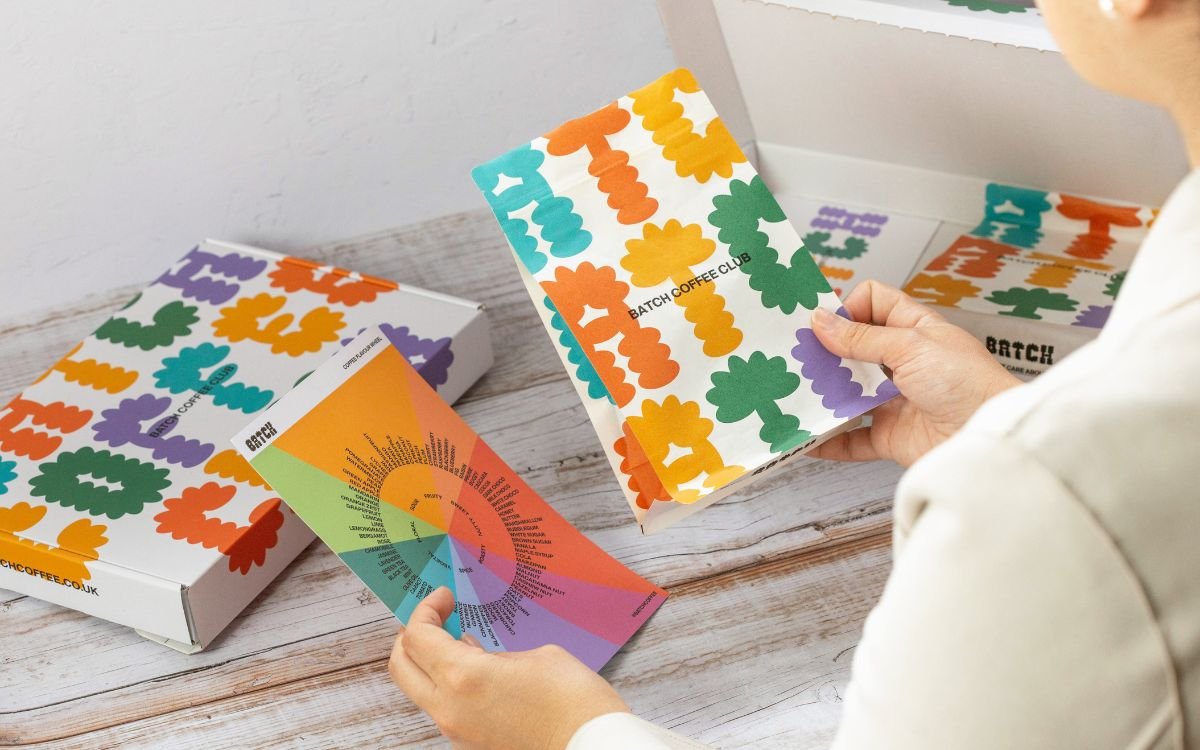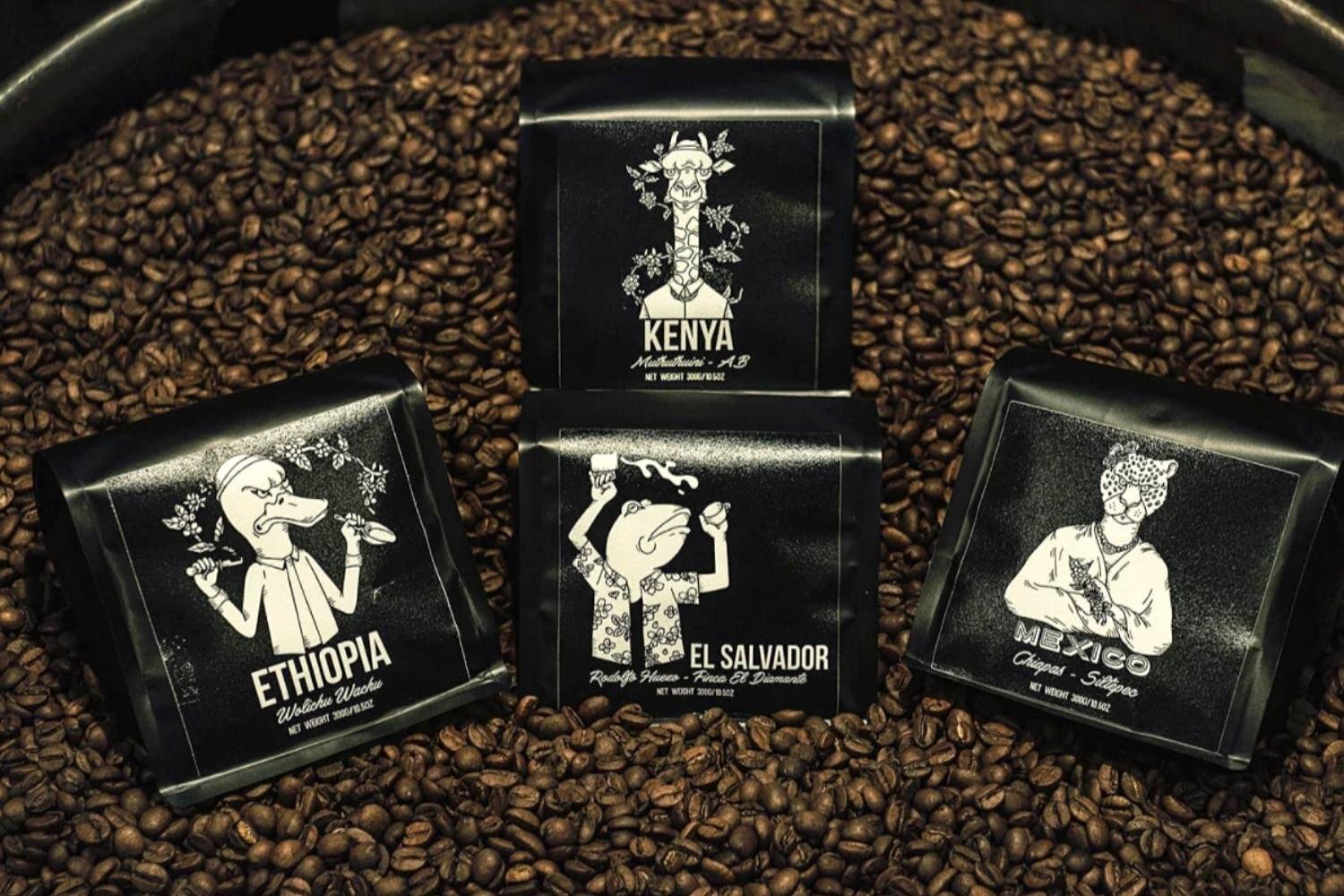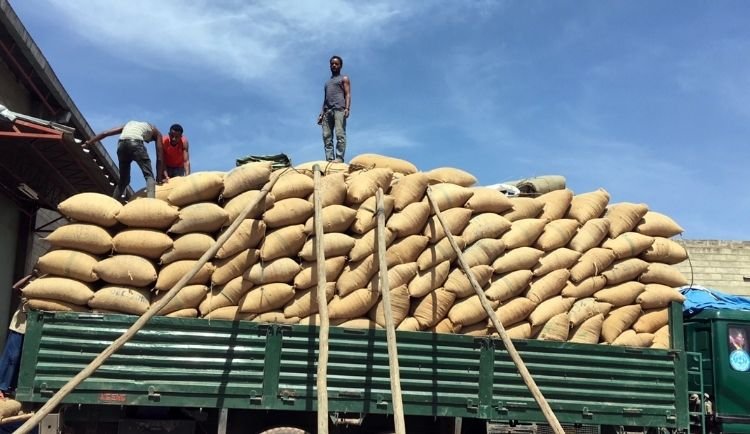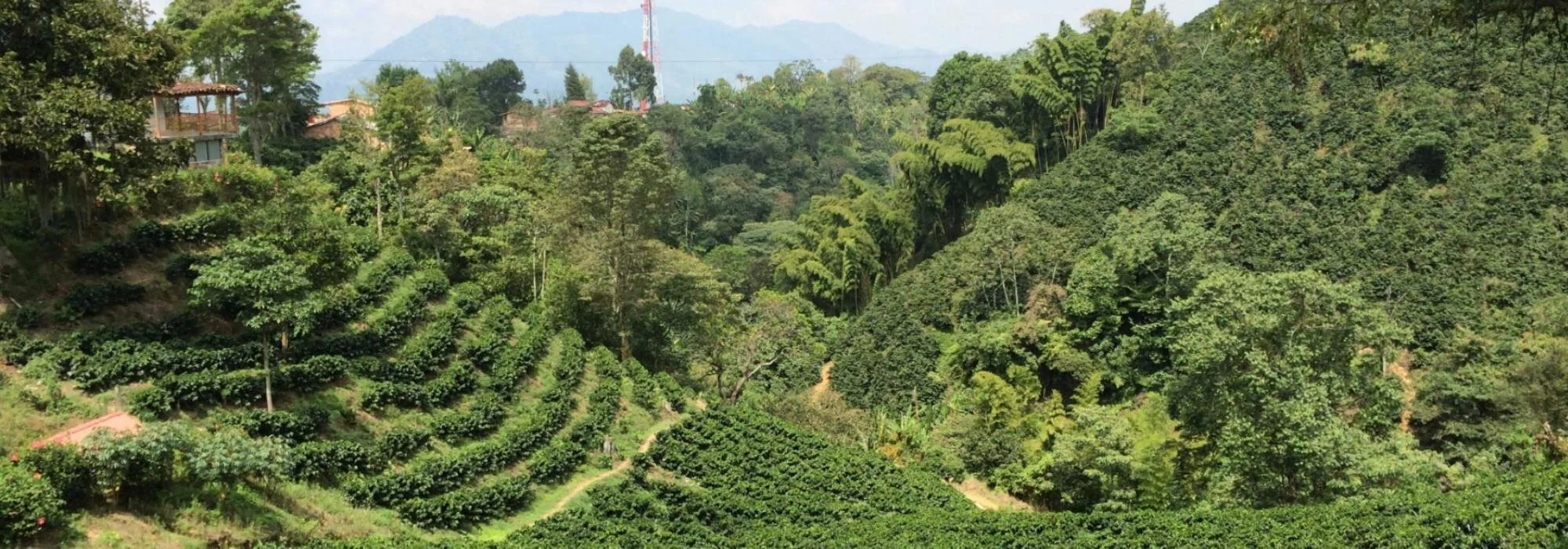Pelicano Coffee Co.
Pelicano Coffee Co. are the pioneering coffee roasters based in Brighton.
The sweet spot between great design and superb coffee has well and truly being tickled in Pelicanos case.
Opening their doors to the progressive folk of Brighton in 2014, Pelicano have always kept their customer on their toes and are constantly evolving in the everchanging world of speciality coffee.
If you are an ‘Instagram scroller’ and you happen to follow various coffee roasters then there’s half a chance you have already come across their unique design with each roast depicting a badass coffee drinking character.
The coffee that Pelicano roast is on point with their branding. At the time of writing, they were showcasing 7 single origins including a geisha.
After speaking to Dom at Pelicano it was clear to see that these guys knew what they were doing and knew where they wanted to go. They have harnessed the coffee curiosity of their local customers and have grown into and now become part of the cities coffee culture.
The laid back style coupled with super high-quality coffee reminded me of some of the coffee roasters I came across in Australia and is in fact the place the two owners first met.
Meet The Roaster
We spoke to the team at Pelicano Coffee Co.
How did it all begin?
Pelicano Coffee Co. began when Zephir Thomas and Sol Lee met on a pear farm on the outskirts of Melbourne. Together they have built Brighton's most influential and important coffee brands in what has now become a city with a thriving coffee community.
One of the foundations of the scene, Pelicano has grown to 4 espresso bars and supplies many of East Sussex best coffee establishments.
I’m a sucker for great design and you guys have some fantastic branding. What’s the inspiration behind the illustrations?
All branding and artwork have been designed by the owner and in house illustrator, Sol. The artwork for the coffee bags changes with the monthly rotating offering of single origins and the new designs are always eagerly awaited by our customers.
Sol's Korean heritage and interest in Brighton tattooing culture have influence the illustrations (which many now believe bare resemblance to our staff members!)
3 words to sum up Pelicano.
Independent - Individual - Influential
You guys have been around since 2014, how has the speciality coffee industry in Brighton and the UK changed in that time?
We believe Brighton is at the forefront of the UK coffee scene. In 2014 when the Pelicano opened it was one of first specialty coffee shops in Brighton. Since then a thriving coffee scene has bloomed across the city.
What sets Pelicano apart is its inclusive attitude and family dynamic. We are lucky to have very decerning and loyal customers who continue to demand the best in traceable, world-beating speciality coffee
Favourite Brew Method?
Filter coffee in all its weird and wonderful forms.
Do you have any favourite coffee roasters in the UK?
Calendar - Dark Arts - Round hill
What does the future have in store for Pelicano?
We want to bring people together in the community we have helped build while continuing to push the boundaries of speciality coffee.
BOX 115
The Origin
The Pitalito coffee from Pelicano Coffee Roasters originates from the Huila region of Colombia.
Located in southwestern Colombia, Huila is nestled in-between the Central and Eastern ranges of the Andes, with the middle area called the Magdalena Valley.
The variation in elevation results in Huila being one of the country's most unique and complex regions of coffee production.
Its terroir, climate, and harvest cycles all contribute to the quality of coffee produced here.
The most impressive quality behind the coffees coming out of Huila lies in the people producing them.
While Huila accounts for nearly 20% of the country's production, 80% of coffee producers operate on less than three hectares.
What To Expect
Here’s an idea of what to expect from this Colombian coffee from Pelicano coffee roasters.
Team Batch brew method of choice - Mokapot.
If you loved this ground coffee and want it to have it in your life again order directly from Pelicano Coffee Roasters now.
15•06•22
The Origin
The Dogo coffee from Pelicano Coffee Roasters originates from Ethiopia.
Guji Dogo is named after the area where it is produced: Dogo is a kebele (neighbourhood) located in the west of Guji in southern Ethiopia.
Situated at 2000-2200masl, the area has good drainage and benefits from a fertile red clay soil.
It is planted with young trees which produce a coffee that is gaining a reputation for its intense fruitiness and complexity.
Thousands of small-holder farmers bring a couple of sacks of red cherries apiece to the central buying stations, where natural and washed coffees are processed for export through Oboleyan Coffee Export plc.
The naturals are dried on raised beds exposed to the sun for 10-12 days, depending on the weather conditions; the washed are dried for 36-72 hours.
What to Expect
Here’s an idea of what to expect from this punchy natural Ethiopian coffee from Pelicano coffee roasters.
Team Batch brew method of choice - Chemex.
If you loved this coffee and want it to have it in your life again order directly from Pelicano Coffee Roasters now.
20/10/2021
The Origin
The Kochere Banco Gotete coffee from Pelicano Coffee Roasters originates from Ethiopia.
This exceptional lot was processed, dry milled and exported by Legu Trading. The coffee was grown by smallholder farmers living around the town of Banco Gotete in Gedeo County, Yirgacheffe region.
Most contributing farmers own less than a hectare of land, and they grow coffee simply as a backyard cash crop. Coffee will usually be interspersed with other subsistence crops, such as sweet potato, mangos and avocados.
Income from coffee is important but minimal for most farmers due to the small size of their farms.
Kochere Banco Gotete. Photo: Mercanta Coffee
As such, inputs are minimal –most coffee grown in the region is 100% organic, though not certified, as the government restricts the chemical fertilisers, pesticides or herbicides. Legu trading tries to help with this situation by offering a premium price and by hiring as many individuals as possible in their mills and facilities.
Varieties of coffee grown here are traditionally referred to as ‘heirloom’ by exporters –a catchall terminology which often masks the wide assortment of varieties that may be present within various regions...even, within farms.
Kochere Banco Gotete. Photo: Mercanta Coffee
Many of these varieties will have been developed by Ethiopia’s Jimma Agricultural Resarch Centre (JARC), which, since the late 1960s, has worked to develop resistant and tasty varieties for the Ethiopian coffee industry and also to provide the agricultural extension training needed to cultivate them.
The dual factors of Ethiopian Commodity Exchange (ECX) forced anonymisation of lots combined with the relatively low awareness of formal variety names outside Ethiopia has meant that the JARC’s work has historically been under-recognised by specialty importers and roasters, but a new book issued by Counter Culture Coffee in the USA (2018/19) has drawn new attention to the topic, and rightly so.
What to Expect
Here’s an idea of what to expect from this delicious washed Ethiopian coffee from Pelicano coffee roasters.
Team Batch brew method of choice - V60.
If you loved this coffee and want it to have it in your life again order directly from Pelicano Coffee Roasters now.
Latest Batch Coffee Reviews
06/04/2021
The Origin
The Finca Veracruz Coffee from Pelicano Coffee co. originates from Antioquia, Colombia.
Santa Barbara Estate is composed of 5 sister farms that lie across three neighbouring, geographical regions -Santa Barbara, Fredonia and Amagá.
Established in the 1980s, from the beginning Sr. Pedro Echavarria knew that location was crucial.
Attracted by diverse microclimates, singular volcanic soils, perfect altitude and a tradition of excellence in coffee production, he established a small farm in the high Andes of Antioquia.
By marrying these perfect natural conditions with hard work and efficiency, he quickly grew both the area under cultivation and the farm’s reputation.
In the last five years, Pedro’s son –also Pedro –has become more deeply involved in the workings of the farm, taking the already high quality of the coffee to new heights through experimentation in processing and increased monitoring and control of every stage of production.
Pedro Jr. and Santa Barbara’s Coffee Director, Leonardo Henao Triana, manage their wet mill with a blend of art, industrial rigor and scientific curiosity.
The Veracruz lots come from one of the Estate’s smaller farms, composed of 16 hectares of coffee and a small mill.
The Review
The Veracruz Colombian coffee has a wonderful sweet-toned fragrance that reminded me a little of marshmallows.
The coffee starts though, with a full-bodied flavour at the front of each sip, notes of dark chocolate stick the roof of your mouth and a lovely buttery mouthfeel takes shape.
As the coffee reaches a cooler temperature the buttery mouthfeel sticks around but now supports a few lighter flavour notes of stewed pear and peach.
The acidity is fairly muted throughout and the evolution from darker to lighter flavours is the star of the show.
The coffee has a really enjoyable sweet character that doesn’t overwhelm your palate but is a real pleasure to drink.
Brew this one as you desire. I enjoyed it as a cafetiere and worked well as coffee #1 of the day.
Coffee Guides




































